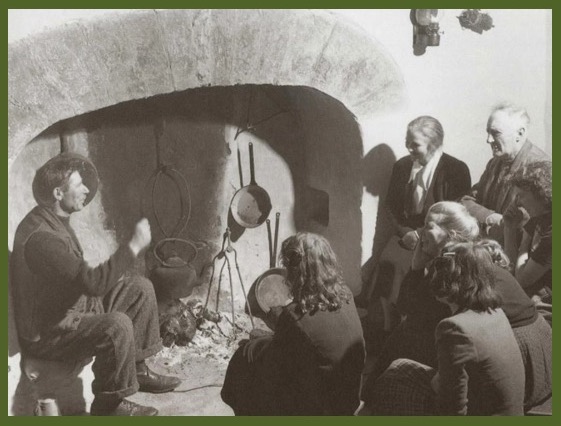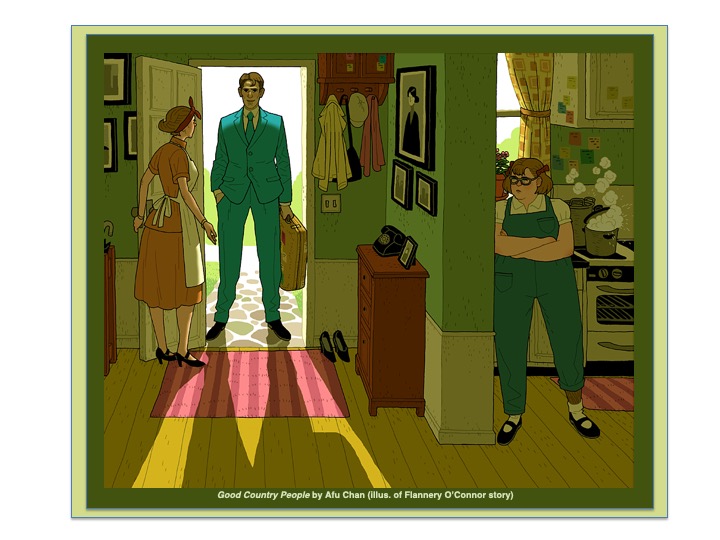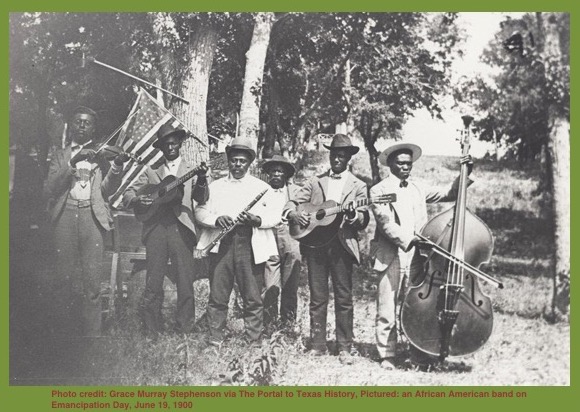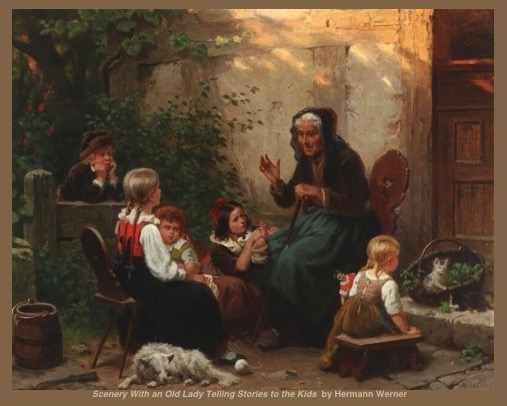I am tired of trying to write serious stuff. It doesn’t help my present state of mind, or the state of the world. So yesterday I wrote something silly, more words than I’ve been able to write for at least a week, and today I wrote something silly again, using the same world and characters. I don’t know if this has legs but at least it’s walking.
***
Dragons Are Overused
“Dragons are overused, don’t you think?”
“They are the backbone of the fantasy industry.”
“And all that stuff about people riding on their backs! The g-forces would rip humans off within seconds of flight.”
“Well, it is fantasy. And people are very fond of seeing and imagining people riding dragons in their stories.”
“Pfft.” The dragon used the tip of his long, sharp nails quite delicately to pick at something lodged between his long, sharp teeth.
Maynard, the poik with whom he had been speaking, watched with fascinated queasiness hoping that whatever was lodged there wasn’t leftover poik. “Humans will be humans.”
“Lawd, won’t they, though.” The dragon shifted on his bed of ash and straw, craning his neck so he had a better view of the meadowlands outside the mouth of his cave. They were quite nice, as meadowlands went, bucolic and dotted with sheep. He made a tsk sound with his tongue to test his teeth, but apparently wasn’t satisfied he’d gotten what was lodged there for he returned a nail to his delicate work.
Maybe it was sheep, Maynard ardently hoped. “Have you been raiding their habitats lately?”
He smacked his tongue several times and seemed finally satisfied that he’d dislodged the irritant. He huffed and belched a small puff of smoke. “You know very well that isn’t a good idea these days. Too much surveillance equipment out there and jets with nasty armaments.”
“I thought bullets couldn’t pierce your hide.”
“Those heat seeking missiles hurt like crazy, though.” The dragon turned his face away from the meadowlands and laid his head on his folded paws with a disconsolate sigh. “Times are hard.”
“Yes,” agreed Maynard. “Fantasy isn’t what it used to be.”
Maynard himself had a taste for contemporary fantasy, but he’d never admit that to the dragon who, by his very nature, must be heavily invested in high fantasy. At least, that’s what Maynard assumed. Poiks fit well in urban environments, resembling large shaggy dogs as they did. Of course, there were many subtle differences, but most humans didn’t possess subtle perception and never looked twice at poiks. Unless they were fanciers of large, shaggy dogs. Of course, any self-respecting denizen of the Otherlands could shapeshift at least a little. Enough to fool even the rare perceptive humans. Most of them, anyway. Seers would always be a problem, but at least they glowed golden to Otherlanders so were easily avoided.
“Do you suppose my time has come?” asked the dragon, releasing a melancholy and smoggy sigh.
“What do you mean?”
“Am I obsolete?”
“Uhhh…” Maynard wasn’t sure what response would cause him the least pain. Dragons were mercurial at best. No guessing what this one wanted to hear so he turned around three times and laid down on a spare pile of straw.
“I mean,” the dragon continued, clearly not really interested in Maynard’s answer, “several of my relatives have given up altogether and gone into deep hibernation. Some have even allowed themselves to die, which seems excessive, but no accounting for taste. Or strength of character.”
“Mmm hmm.” Maynard scratched his floppy ears with his hind paw.
“As long as I can still fly now and then, snatch up a sheep or a cow or a horse without being observed, life still seems worth living.”
Maynard was relieved that it probably wasn’t poik that had been stuck in the dragon’s teeth. “I can imagine. And how exactly do you manage to fly without being observed?”
“The human mythmakers have invented this marvelous new creature called a yueffo and I can easily pass for one of those.”
Yueffo. At least that’s what Maynard thought he’d heard. “What is a yueffo?”
“It’s an acronym. Humans are so very fond of acronyms. U-F-O. Unidentified Flying Object. Covers a multitude of shapes and sizes and basically boils down to any strange thing seen in the skies. As long as I can surround myself with enough light they can’t really make out my true form and they can’t capture a good image of me on those nasty cameras of theirs. Anyway, most of the time I’m flying over remote areas at night where I can pick off livestock with ease. Although I understand real UFOs only take parts of the cattle and horses they capture and leave the rest, perfectly good meat, behind to rot. Really bizarre behavior.”
“What constitutes a real UFO?”
“Haven’t a clue, Maynard. They must come from the Otherlands, but I’m not sure which kingdom, tribe, or caliotrope they belong to.”
“Very interesting.”
“Yes. They’re all the rage right now amongst the humans. Always something on their televisions and social media about them. I don’t know how they can make something so remarkable so boring, but they bang on and on about it until you just want to scream with tedium.”
“I’m taking a media break at the moment,” Maynard admitted. “Always another tragedy, always some internecine warfare amongst the opinionated set. Gets tiring.”
“Tell me about it.”
“Mind you, the internet has its advantages. You can say whatever you like and no one knows you’re a poik.”
“Or a dragon.”
“Exactly.”
They fell silent, looking out across the bucolic meadowlands. Large white clouds hugged the mountains in the middle distance. Three bright blue lights emerged from the clouds and zipped across the meadowlands at incredible speed, then up and over the mountain hiding the dragon’s cave.
“Show offs,” he grumbled.








